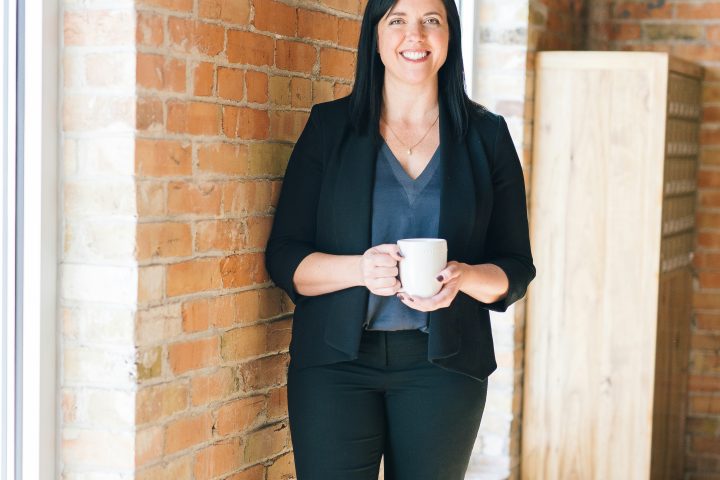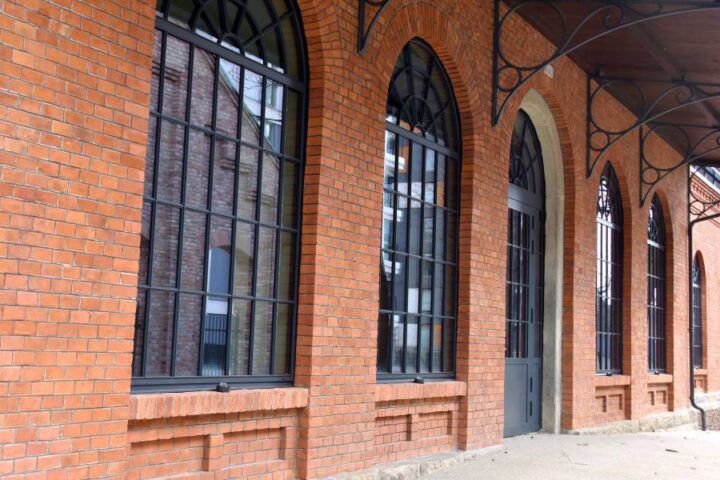Learning how to communicate effectively can benefit you in all aspects of your life: with your partner, in friendships, and in the workplace. Whether you’re giving a presentation or working out a disagreement, there are constructive ways to explain your perspective. Without these skills, you can find yourself mired in conflict more than you hope.
Here are ways to be a better communicator to cultivate deeper relationships and avoid conflict.
Listening
Active listening is an essential component in communicating. Unfortunately, we often wait to speak instead of listening to what the other person is trying to say. To be an active listener, focus on what they are saying and try not to jump in with your thoughts until they are finished. Then, respond appropriately by matching their tone—meaning, are they looking for a solution, or do they simply want to vent?
Find Common Ground
Finding something in common with the person you’re speaking to can create ease and a sense of camaraderie. Doing so during a disagreement can be even more advantageous; try to find a point you can relate to while still communicating your point of view.
Body Language
A person’s body language can say almost as much as their words. For example, crossed arms or fidgeting typically mean they’re uncomfortable. Eye contact means they’re engaged and interested. Pay attention to your body language to gauge the signals you’re sending to them.
Ask Questions
Asking questions is the easiest way to communicate by showing interest and empathy to their situation and perspective. It will also ensure that you fully understand what they are trying to say and may prevent you from making unfair assumptions.
Facilitation
Facilitation essentially means leading meetings, legal proceedings, or even support groups. Facilitating discussions, usually in workplace roles, need to be clear so that people feel like they’re part of the conversation and are comfortable sharing information. Creating an inclusive environment for facilitation takes only a few skills: active listening, asking questions, and making the desired outcome clear from the beginning.
Learning ways to be a better communicator can help you circumvent the frustration that comes from poor communication. As a result, you’ll connect to others in a more meaningful way in your personal and professional life.














